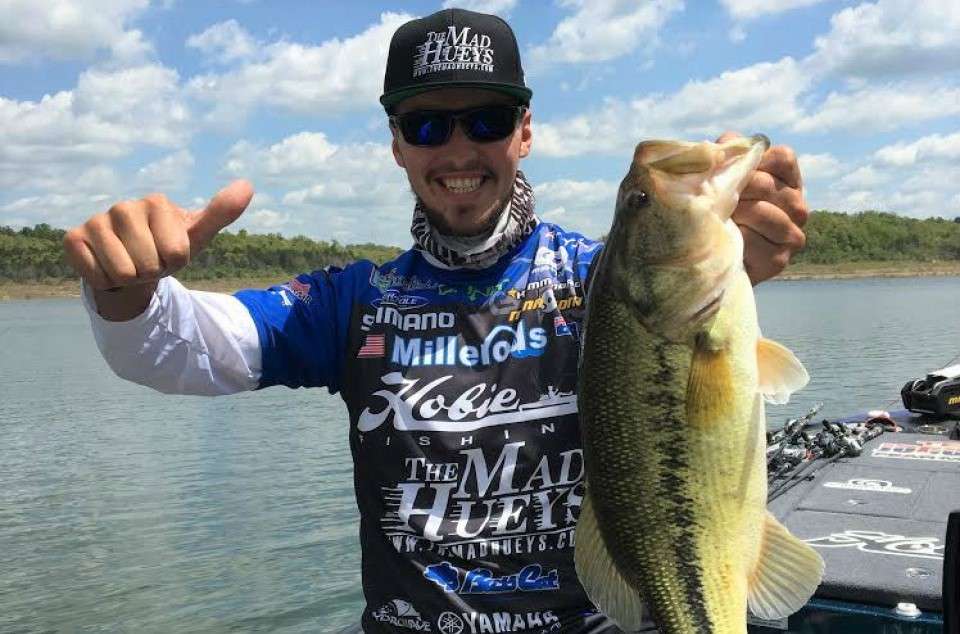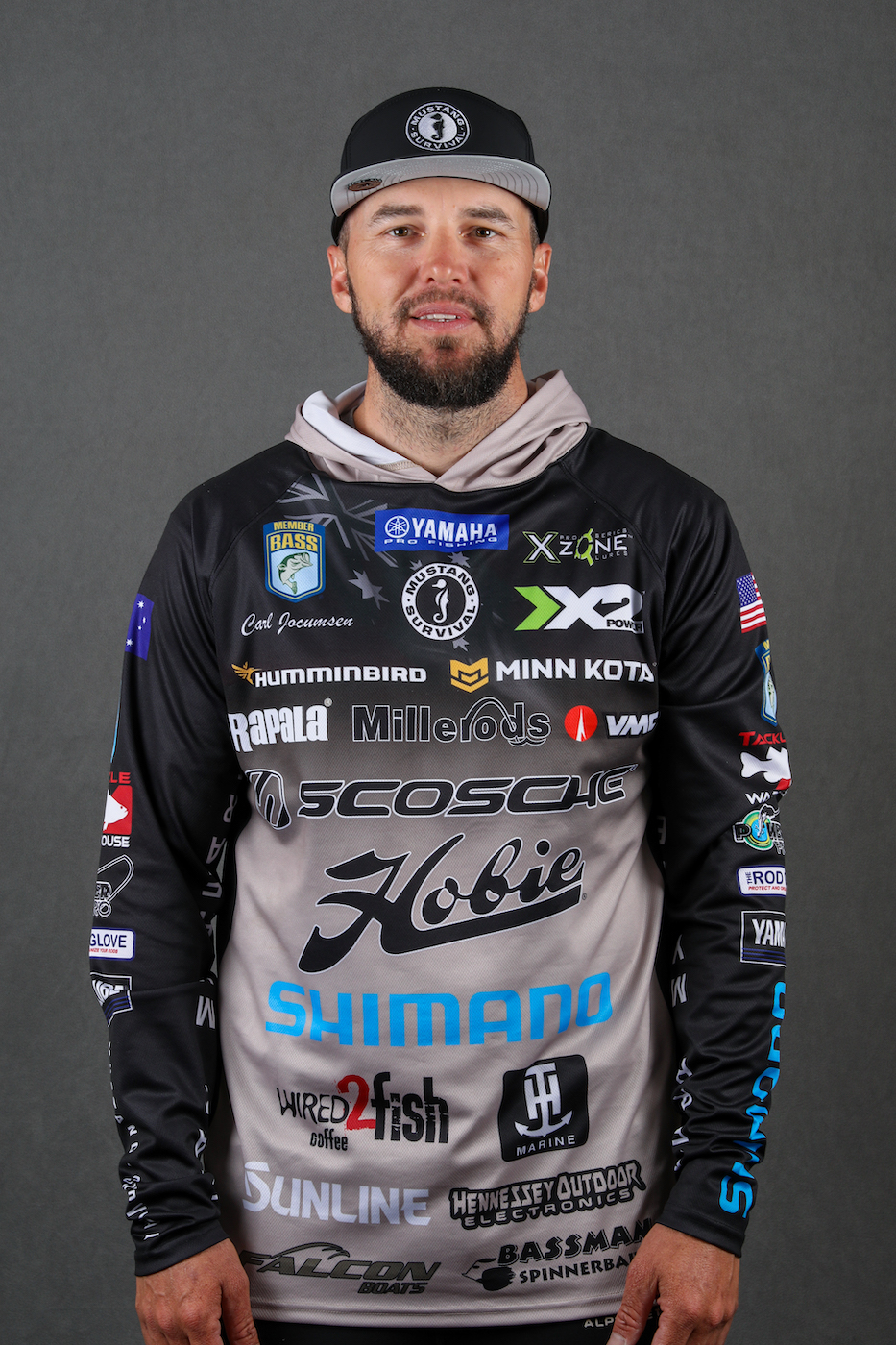
As the first Bassmaster Elite Series pro from Australia, I’ve been welcomed with open arms by the other anglers and the fans. It has truly been a great experience so far, and I expect that it will just get better, but that doesn’t mean that the transition has been easy.
I’ve heard several people say that I have an advantage over the pros who’ve come here from Japan, but I’m not sure that’s true. Often it seems that Australia and the U.S. are, as the old saying goes, two countries separated by a common language. As a result, I end up repeating myself all the time.
Part of it is my accent. Many people told me that I would lose it after spending time over here. I could see how that would happen because if I talk like I do at home no one seems to understand what I’m saying. I don’t think it has weakened much and to the extent it goes away at all, when I return from my trips back home it is usually quite strong again.
The other part is the language itself. There are so many words that have different meanings here and there. For example, we call a gas station a “servo,” but if you say that in the U.S. no one has any idea what you’re talking about. I’ve learned over time not to ask, “Can we stop at the servo?” Also, once you get there, we don’t fill up our trucks with “gallons” of “gas” – we fill them with “liters” of “petrol.”
We refer to French fries as “chips,” but every time I ordered a burger and chips I ended up with potato chips instead of what I wanted. Another food-related confusion relates to cookies, which we call “biscuits.” I guarantee you that if you ask for a biscuit in Alabama, you’re not going to get a chocolate chip cookie. In Australia, crawfish are called “yabbies,” and no one over here had any idea whatsoever what I meant when I said that one.
Of course, one of the most well-known Australian words is “mate,” which we use to mean “friend.” When I first came to the U.S., the Roumbanis family was kind enough to let me live with them for a while. I knew I’d been here a while when my friends back home started laughing at some of my “Fred-speak.” In particular, “mate” fell out of my vocabulary and was replaced by “dude.”
Of course, the language differences can be confusing, or even comical, but they’re not matters of life and death. One area where I’ve nearly had some major issues is driving. In Australia we drive on the left side of the road and the steering wheel is on the right side of the truck (although the steering wheel is on the same side of a boat in both countries). That took quite a bit of adjustment (and a few trips down the wrong side of the street) when I first got here. Fortunately for those of you in the U.S., I’ve gradually adjusted. The people who have to worry are the ones in Australia, because every time I go back home it takes me a while to adjust back. I feel like since I’m from there I should know what I’m doing, and that overconfidence has been known to cause an issue or two.
The vehicles here are different, too. A big truck back home is something like a Toyota Tacoma. Fortunately, most people also have kangaroos that they can ride to work – just kidding! Seriously, we don’t have the big diesel crew cabs that are so common throughout the U.S. The first time I saw a full-sized Tundra it blew me away. When I first got here, I bought a 2005 Dodge Ram truck that was completely busted up and falling apart, but I didn’t care. I thought that I was the king of the world in that beast.
While I am living my dream fishing for a living on the Elite Series, of course there are comforts of home that I miss. Australia, with a population of about 21 million people, as opposed to the 300 million or so in the U.S., is a laid back country. Everything seems more hectic over here.
I also miss some of the food items that aren’t readily available here. It’s easier to eat healthy back home, while in the U.S. it’s very easy to eat poorly. Then again, it’s a trade-off. We don’t have Mexican food in Australia, and I’ve become completely addicted to it and could eat it every day. Eating out was a game-changer, too. No one in Australia tips their waiters, so I had to learn that you couldn’t just eat, pay your bill and walk out. No one wants to be the rude foreigner, but sometimes it takes a little bit of explanation to avoid that fate.
Those are just a few of the differences that I’ve dealt with since arriving here. People have been very accommodating and welcoming and I believe that while some of the challenges have been frustrating when they’ve occurred, overall it has made it a richer experience.
In my next column, I’ll explore how the differences between life in Australia and life in the U.S. have affected my fishing.
Jocumsen’s guide to Australia:

